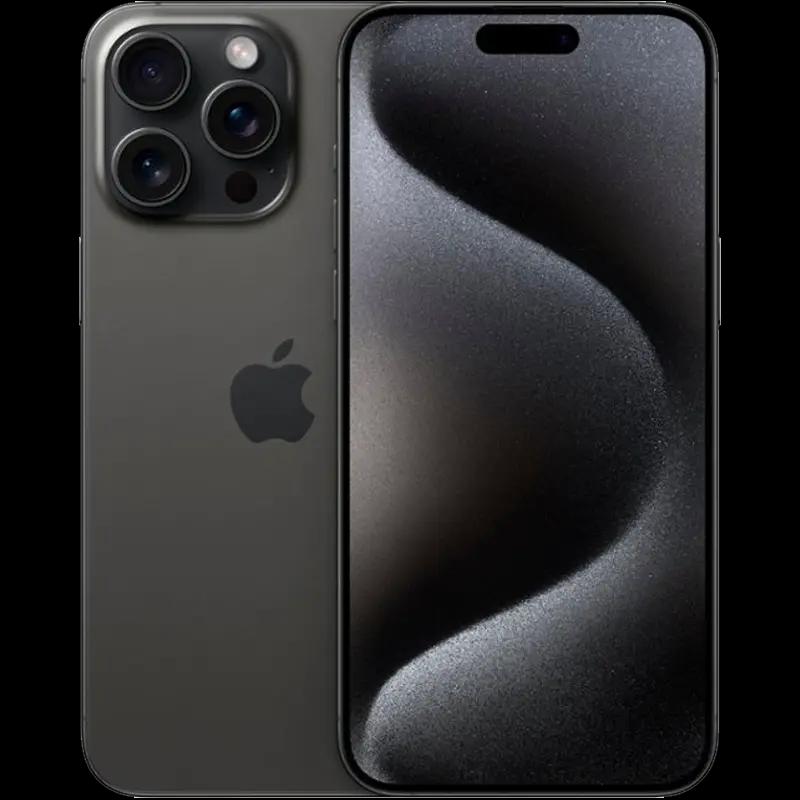
At CES, it’s not always about new smartphone launches, higher resolution TV’s and high quality cameras. It is about innovation and new ideas and Intel exactly does the same. Yesterday, they announced a new module,named Intel Curie, targeted to wearable technology. This small button sized consists of processors, sensors and battery that is built for wearables.

WHAT INTEL SAID:
The Intel® Curie™1 module is the first platform of its kind from Intel—a complete low-power solution designed for companies interested in developing wearable technology solutions. The Intel® Curie™ module packs a robust set of features into its tiny size that are ideal for “always-on” applications such as social media, sports, and fitness activities. This can enable efficient and intelligent wearable solutions for a broad range of form factors—including rings, bags, bracelets, pendants, fitness trackers, even buttons.
At its core is Intel’s first purpose built wearable SoC, the Intel® Quark™ SE SoC, that can run for extended periods from a coin-sized battery and features motion sensor, Bluetooth* radio, and battery charging capabilities.
To speed the development of wearable products based on the Intel® Curie™ module, Intel is providing a complete software solution that includes a small and efficient real-time operating system (RTOS) together with reference wearable applications called Intel® IQ Software kits. The Intel® IQ Software kits include the embedded software that runs on this module together with companion smartphone applications and associated cloud capabilities.
KEY FEATURES:
• A low-power, 32-bit Intel® Quark™ SE SoC
• 384kB Flash memory, 80kB SRAM
• A low-power integrated DSP sensor hub with a proprietary pattern matching accelerator
• Bluetooth* Low Energy
• 6-axis combo sensor with accelerometer and gyroscope
• Battery charging circuitry (PMIC)
















![Best Ultrabooks To Buy in Nepal 2024 [Updated] Best Ultrabook Laptops in Nepal 2023 - June Update](https://cdn.gadgetbytenepal.com/wp-content/uploads/2023/04/Best-Ultrabook-Laptops-in-Nepal-2023-June-Update.jpg)
![Best Gaming Laptops in Nepal 2024 [Updated] Best Gaming Laptops in Nepal 2023 - June Update](https://cdn.gadgetbytenepal.com/wp-content/uploads/2023/04/Best-Gaming-Laptops-in-Nepal-2023-June-Update.jpg)


![Best Mobile Phones Under Rs. 15,000 in Nepal [Updated] Best Phones Under 15000 in Nepal 2024 Budget Smartphones Cheap Affordable](https://cdn.gadgetbytenepal.com/wp-content/uploads/2024/03/Best-Phones-Under-15000-in-Nepal-2024.jpg)
![Best Mobile Phones Under Rs. 20,000 in Nepal [Updated] Best Mobile Phones Under NPR 20000 in Nepal 2023 Updated Samsung Xiaomi Redmi POCO Realme Narzo Benco](https://cdn.gadgetbytenepal.com/wp-content/uploads/2024/01/Best-Phones-Under-20000-in-Nepal-2024.jpg)
![Best Mobile Phones Under Rs. 30,000 in Nepal [Updated]](https://cdn.gadgetbytenepal.com/wp-content/uploads/2023/12/Best-Phones-Under-30000-in-Nepal-2024.jpg)
![Best Mobile Phones Under Rs. 40,000 in Nepal [Updated] Best Phones Under 40000 in Nepal 2024 Smartphones Mobile Midrange](https://cdn.gadgetbytenepal.com/wp-content/uploads/2024/02/Best-Phones-Under-40000-in-Nepal-2024.jpg)
![Best Mobile Phones Under Rs. 50,000 in Nepal [Updated] Best Phones Under 50000 in Nepal 2024 Smartphones Midrange](https://cdn.gadgetbytenepal.com/wp-content/uploads/2024/02/Best-Phones-Under-50000-in-Nepal-2024.jpg)
![Best Flagship Smartphones To Buy In Nepal [Updated] Best Smartphones in Nepal 2024 Flagship Premium Samsung Apple iPhone Xiaomi OnePlus Honor](https://cdn.gadgetbytenepal.com/wp-content/uploads/2023/09/Best-Smartphones-in-Nepal-2024.jpg)